The Korean Law Program

About the Korean Law Program
For over a decade the TC Beirne School of Law, with the support of the Korean Ministry of Justice, has welcomed prosecutors and judges from the Republic of Korea (ROK) with the objective of conducting research on topics of importance to South Korea and to Australia. As visiting research fellows of the Centre for Public International and Comparative Law they make a positive contribution to analysis of contemporary legal issues at the intersection of Korean and Australian law.
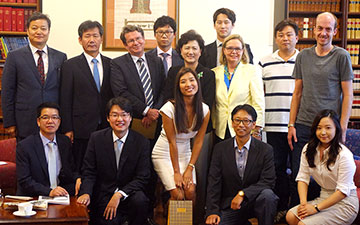
The Korea-Australia relationship is an important and instructive one. In this ‘Asian Century’ academic collaboration between legal scholars and practitioners from South Korea (ROK) and Australia is of increasing importance. Today both nations have fully-fledged democracies and the rule of law and each looks for ways to continue legal reform particularly in legal education, family law, criminal justice, and transnational crime. The pace of legal reform in South Korea is significant and its Constitutional Court has become a model for many other Asian nations. In this era of globalisation, collaboration between Korean judges and prosecutors with the Centre’s legal academics has enabled a broad range of contemporary and challenging legal issues to be explored and debated.

 As the Republic of Korea stands in stark contrast to the policies and programs found in the North of the Korean Peninsula (DPRK), it is of strategic and political importance to Australia and all the nations of the Asia-Pacific region. Economically, South Korea is the world’s 12th largest economy and is Australia’s fourth-largest overall trading partner (total two-way trade was worth $32.7 billion in 2011), and Australia's third largest market for goods and services combined (2011).
As the Republic of Korea stands in stark contrast to the policies and programs found in the North of the Korean Peninsula (DPRK), it is of strategic and political importance to Australia and all the nations of the Asia-Pacific region. Economically, South Korea is the world’s 12th largest economy and is Australia’s fourth-largest overall trading partner (total two-way trade was worth $32.7 billion in 2011), and Australia's third largest market for goods and services combined (2011).
Through comparative research undertaken as part of the Korean Law program, Australian lawyers can gain insight into Korean ideas and attitudes towards law and governance, and our Korean Research Fellows can gain insights into the workings of the common law system in Australia. The aim is that in this way there will be improved regional cooperation and better understanding of each other’s law and legal culture.
Recent News:
CPICL’s Korean Law Program to conclude in 2026
CPICL’s Korean Law Program will conclude at the end of 2026, marking the close of a valued initiative that has supported scholarly exchange and professional engagement with Korea’s legal community for more than two decades.
Emeritus Professor Ann Black, outgoing Manager of the Program, acknowledges the significant contribution of the many visiting Korean prosecutors, judges and lawyers who have participated through CPICL. Each brought professional insight, comparative perspective and first-hand experience of criminal justice reform, generously shared with colleagues and students across the UQ Law School.
Through their engagement, CPICL’s visiting Korean researchers enriched the academic life of the Law School, strengthened its global outlook, and broadened students’ understanding of cross-cultural dynamics in law and society. Professor Black extends her sincere thanks to all participants for their generosity, professionalism and friendship.
Professor Black also thanks Dr Constance Lee (External CPICL Fellow) for her important contributions to the Program, her ongoing support for CPICL, and her friendship. Dr Lee is now based at the University of Adelaide and can be contacted at constance.lee@adelaide.edu.au (publications available via ORCID).
An overview of the Program, its participants and their research contributions (since 2011) is available in the Archive section.
Following the Program’s conclusion, prosecutors from Korea Ministry of Justice should apply through the Law School’s Visiting Researcher Program.
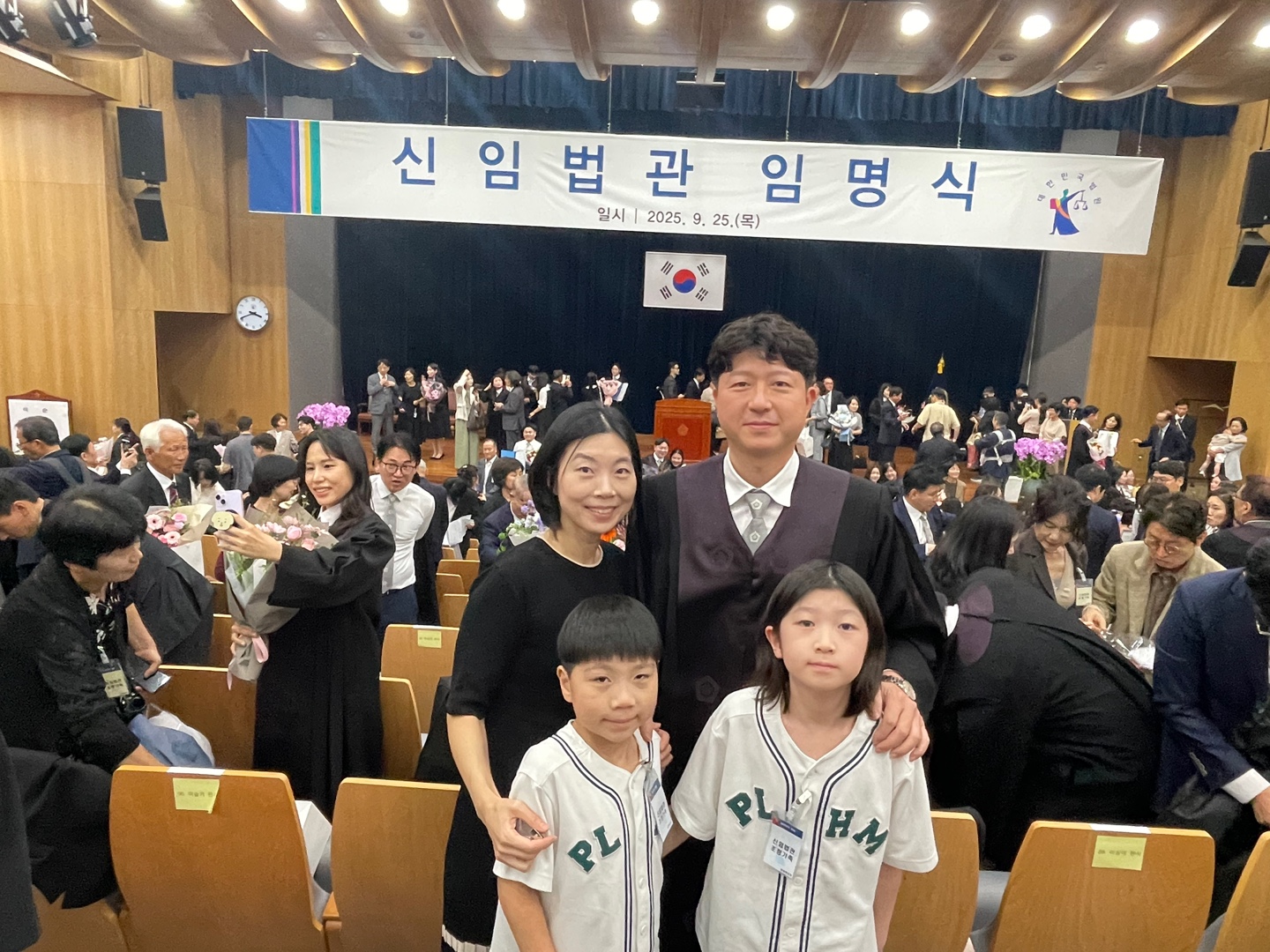
CPICL is proud to announce that Yongjeong Lee, a former CPICL Visiting Fellow under the Korean Law Program, has been appointed as a judge in South Korea.
Before this appointment, Mr Lee served as a Public Prosecutor at the Seoul Central District Prosecutor’s Office for 12 years. He handled a wide range of criminal cases, including financial crimes and corruption. Throughout his career, he dedicated significant time to legal research and the study of case precedents. In particular, he demonstrated a deep interest in the confiscation system of criminal gains and undertook research aimed at improving South Korea's confiscation system.
His appointment marks not only a personal milestone, but also a symbolic one for the CPICL Korean Law Program, which for over a decade has hosted Korean judges and prosecutors as Visiting Research Fellows to promote bilateral legal scholarship and institutional exchange.
Former Korean Visiting CPICL Researchers:
- Jihun Park
- Sooeun Choi
- Ahji Son
- Cheol Park
- Jonglyoul Oh
- Kihong Cheon
- Kwang Soo Jung
- Bongkyu Suh
- Yi Hye Son
- Hyun Jun Park
- Kook Ryang Ryoo
- Young Seop Yoon
- Jangwoo Park
- Cheol Park
- Hokyoung Kim
- Mim Koo Kim
- Jeong-Soo Lee,
- Joo Yangwan
- Judge Yongshin Chung
- Judge Dae Ho Lim
- Judge Geon Jang
- Judge Heo
- Judge Hyung-Joo Lee
- Judge Hyunbum Shin
- Judge Lee
- Kiho Song
- Youngjoon Kwon
- Sungwoo Lee
- Jung-Wook Lee
Recent Publications:
Kihong Cheon,‘The Current Handling of Transnational Organised Crime particularly organised gang violence & narcotic trafficking in Australia and the Republic of Korea: A Comparative Analysis’. (2025) 30 The Research Papers of Abroad Training Public Prosecutor, 843-952
Lee, Yongjeong, Comparative Legal Study on the Proceeds of Crime Recovery System in Korea and Australia (2024).
Constance Y Lee (2019) Court-centred constitutionalism in an emerging democracy: Lessons from South Korea and the Impeachment Case of 2016/17. IACL-AIDC blog: IACL-AIDC. Retrieved from https://blog-iacl-aidc.org/
Ann Black and Kwang-Soo Jung, ‘When a revealed affair is a crime, but a hidden one is romance: an overview of adultery laws in the Republic of Korea’ [2014] International Survey of Family Law, 275-308
Ann Black & Jeong-Seop Yoon, ‘The Blind Masseurs Case’ (2006) LAWASIA Journal, 249-254.
Constance Y Lee & Jonathan Crowe (2015) The Deafening Silence of the Korean “Comfort Women”: A Response Based on Lyotard and Irigaray. Asian Journal of Law and Society, 339-356
Constance Y Lee & Jonathan Crowe (2013) Constitutionalism, Power and Equality in Contemporary Korea, Lawasia Journal: Journal of Law association for Asia and the Pacific, 113-119
Contacts
 Program Manager
Program Manager
Professor Ann Black
Executive Director, Comparative Law
Centre for Public, International and Comparative Law
UQ School of Law
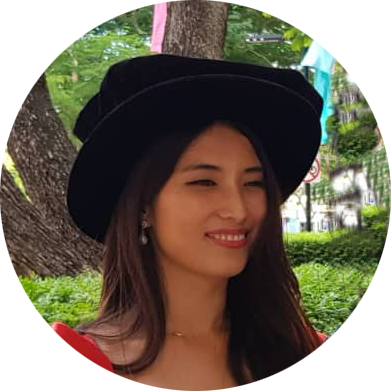 Constance Lee
Constance Lee
Constance Lee is a CPICL External Fellow. She was awarded her PhD from UQ in December 021. Her thesis supervisors were Professor Aroney (CPICL Director of Public Law) and Professor John Crowe (CPICL External Fellow, at Bond University)
Constance Lee is a Lecturer in Law at Central Queensland University.
Visiting Research Fellows: Korean Judges and Prosecutors
Background information on the Legal System of the Republic of Korea
Research on Korea is also undertaken by the School of Languages and Culture: Korean studies.



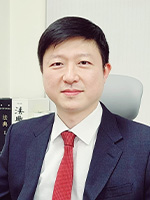 Yongjeong Lee
Yongjeong Lee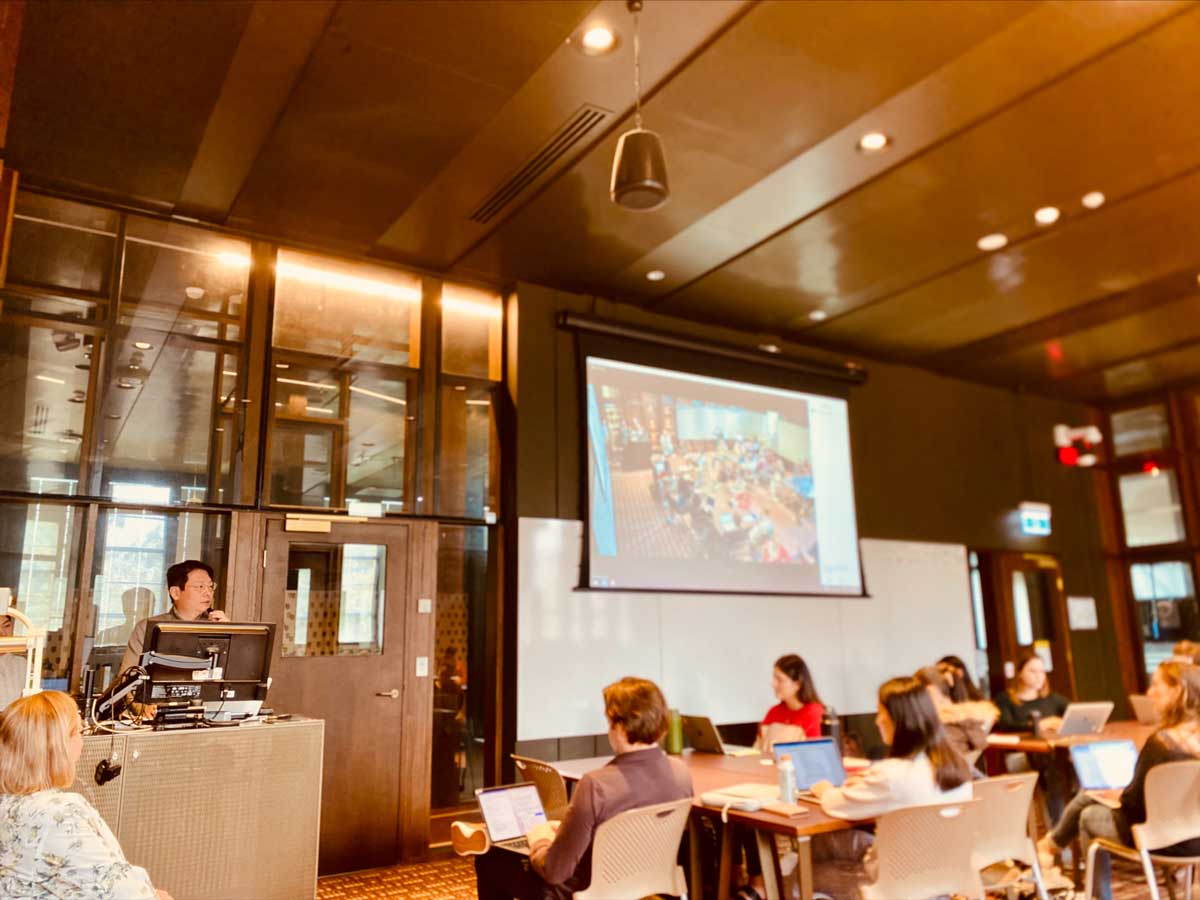
 Judge Minoh Kwon
Judge Minoh Kwon 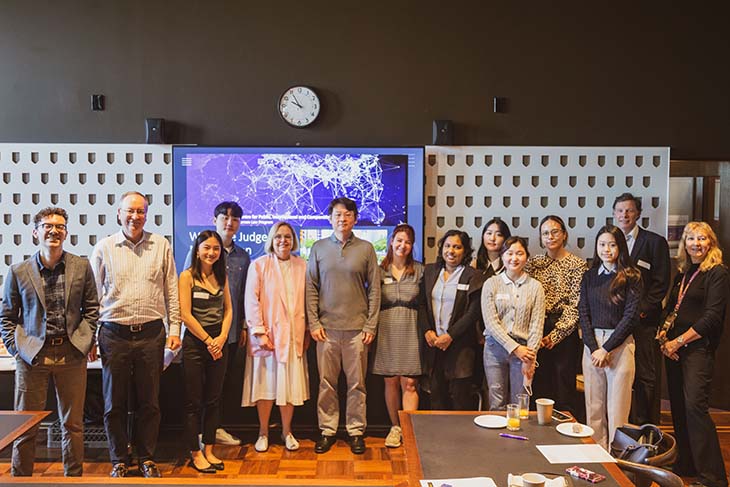
 Jihun Park started as a Prosecutor in April 2011 after spending three years at the military service as a counsel. He transferred to Seoul Central District Prosecutor’s Office in February 2017, as one of two prosecutors among 2,000 chosen to work in the General Affair’s Department. His role in the General Affair’s Department involved setting up yearly plans and support for investigation and administration departments. The department he currently has been working for since February 2018 investigates counter-terrorism, espionage, and national security cases.
Jihun Park started as a Prosecutor in April 2011 after spending three years at the military service as a counsel. He transferred to Seoul Central District Prosecutor’s Office in February 2017, as one of two prosecutors among 2,000 chosen to work in the General Affair’s Department. His role in the General Affair’s Department involved setting up yearly plans and support for investigation and administration departments. The department he currently has been working for since February 2018 investigates counter-terrorism, espionage, and national security cases.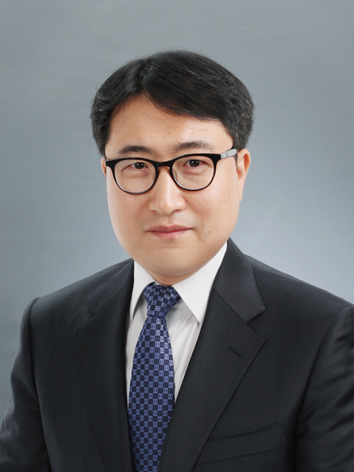 Prosecutor Cheol Park, Daejeon District Public Prosecutor’s Office.
Prosecutor Cheol Park, Daejeon District Public Prosecutor’s Office. Kihong Cheon, Prosecutor, Suwon District Prosecutor's Office
Kihong Cheon, Prosecutor, Suwon District Prosecutor's Office Kwang Soo Jung, Prosecutor, Seoul Central District, Prosecution Department.
Kwang Soo Jung, Prosecutor, Seoul Central District, Prosecution Department. Yongshin Chung, Judge of the Seoul Family Court.
Yongshin Chung, Judge of the Seoul Family Court. Dae Ho Lim, Judge of the Seoul Central District Court.
Dae Ho Lim, Judge of the Seoul Central District Court.